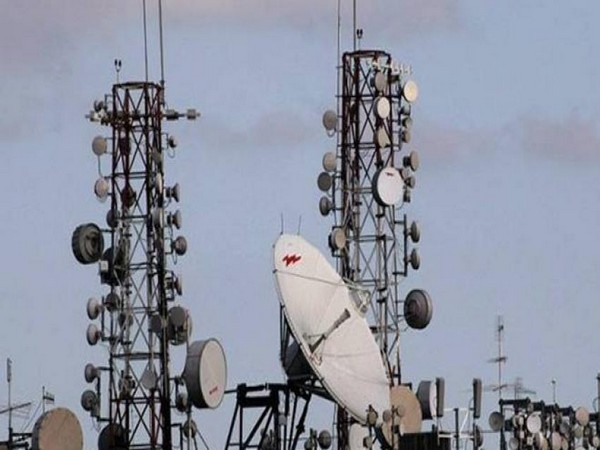Implications of Diluted Local Content Rules on Indian Telecom Sector
The relaxation of local content rules in India's telecom procurement policy could disadvantage domestic manufacturers, as multinational corporations gain increased access to government contracts. The policy change may discourage genuine IP creation and lead to increased reliance on foreign technologies, according to the Global Trade Research Initiative.

- Country:
- India
The recent changes to local content rules in India's Public Procurement Order for the telecom sector have raised concerns among industry experts, suggesting potential challenges for Indian firms. Reports indicate that these adjustments will grant multinational corporations (MNCs) easier access to government contracts without the necessity of manufacturing within India.
The Department of Telecommunications (DoT) initiated a public consultation to revise its procurement order, with the aim of relaxing local content norms. This move, according to the Global Trade Research Initiative (GTRI), may significantly impact Indian manufacturers, as MNCs could dominate the market, leveraging their global production capacity while bypassing local manufacturing investments.
India's policy currently requires a 50% local content threshold to gain preferential treatment in government tenders, a criterion difficult for many MNCs to meet. The GTRI highlights the risk that revised rules may discourage Indian innovation and investment in IP, as compliance could be met through superficial assembly, leading to sustained reliance on foreign technology.
(With inputs from agencies.)
ALSO READ
Garuda Aerospace Lands Major Government Contracts in Mining
US Domestic News Highlights: From SpaceX Suspension to Trump's Policy Changes
NBFCs Adapt as Education Loan Growth Slows Amid US Policy Changes
Health Sector Shifts: High Stakes, Major Moves Amid Policy Changes
Tensions Rise in Global News: From Hacking Scandals to International Strikes, Fires and Policy Changes










